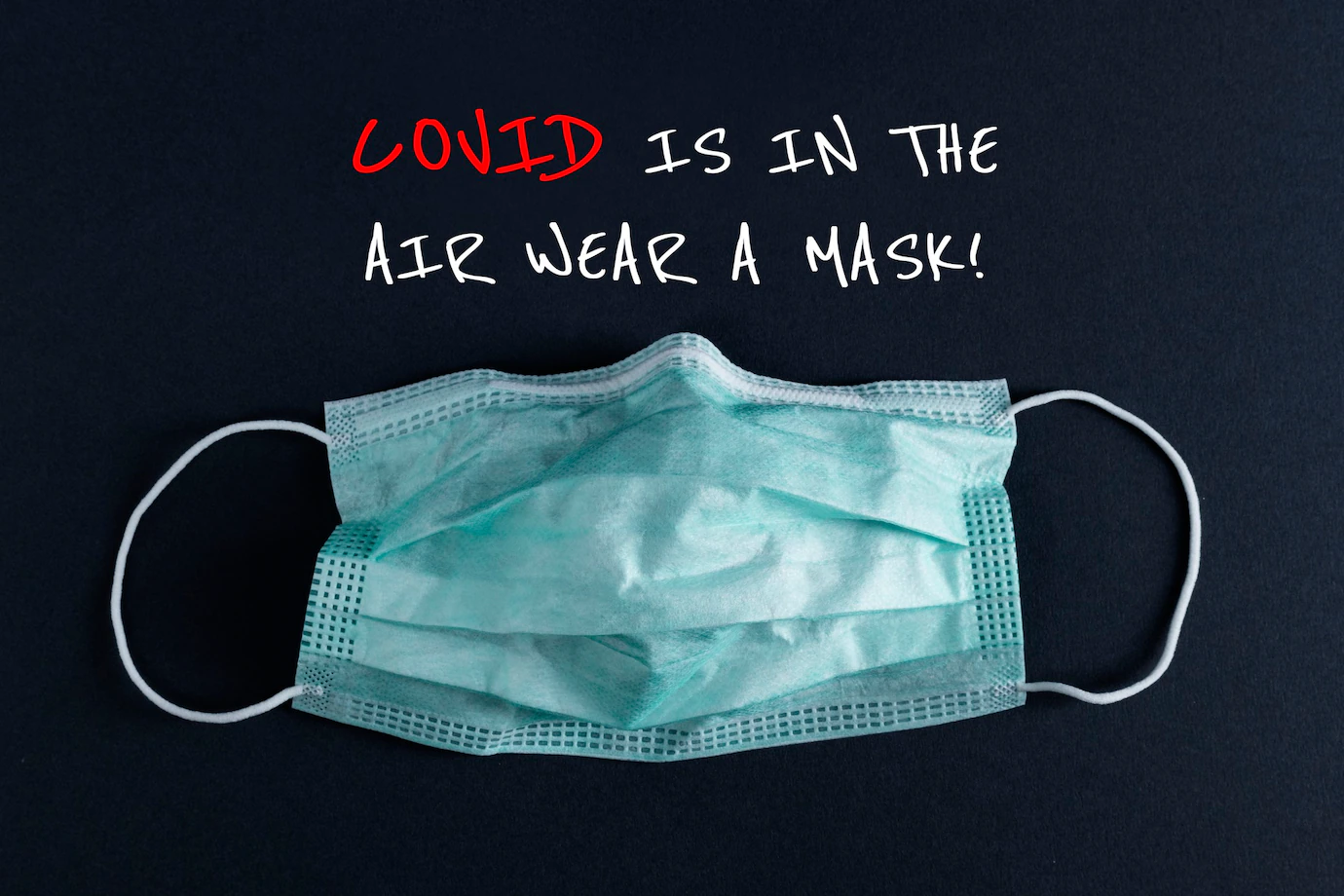Managing diabetes, high blood pressure, and cholesterol levels is crucial for preventing heart problems and maintaining overall health. Here are some dietary guidelines for individuals with diabetes and high blood pressure, as well as tips for managing cholesterol levels:
Dietary Tips for Diabetics:
- Carbohydrate Control: Monitor carbohydrate intake to manage blood sugar levels. Choose complex carbohydrates like whole grains, fruits, vegetables, and legumes over refined sugars and grains.
- Fiber-Rich Foods: Fiber helps regulate blood sugar.
- Healthy Fats: Opt for unsaturated fats like those found in avocados, nuts, seeds, and olive oil.
- Lean Proteins: Choose lean protein sources like poultry, fish, tofu, and legumes. Limit red meat consumption.
- Portion Control: Be mindful of portion sizes to avoid overeating and help manage weight.
- Limit Sugary Foods: Minimize sugary beverages, candies, and desserts. Use natural sweeteners like stevia or monk fruit sparingly if needed.
Dietary Tips for High Blood Pressure:
- Reduce Sodium Intake: Limit processed foods, canned soups, and salty snacks. Cook at home using fresh ingredients, and use herbs and spices for flavor instead of salt.
- Potassium-Rich Foods: Increase potassium intake with foods like bananas, oranges, potatoes, and leafy greens.
- Moderate Alcohol Consumption: If you choose to drink, do so in moderation. Excessive alcohol can raise blood pressure.
- Low-Fat Dairy: Choose low-fat or fat-free dairy products for calcium without the saturated fats found in full-fat options.
Tips for Managing Cholesterol Levels:
- Healthy Fats: Include sources of healthy fats like avocados, nuts, seeds, and fatty fish (like salmon and mackerel).
- Soluble Fiber: Foods high in soluble fiber, such as oats, barley, beans, lentils, fruits, and vegetables, can help lower LDL (bad) cholesterol.
- Omega-3 Fatty Acids: Include sources of omega-3 fatty acids like fatty fish, flaxseeds, and walnuts. Omega-3s can help lower cholesterol levels.
- Limit Saturated and Trans Fats: Reduce intake of foods high in saturated fats (found in fatty meats, full-fat dairy) and trans fats (found in fried and processed foods).
- Regular Exercise: Combine a healthy diet with regular physical activity to improve overall cardiovascular health.
Remember, it's essential to work closely with a healthcare provider or a registered dietitian to create a personalized diet plan that suits your individual needs and health conditions. Regular monitoring of blood sugar, blood pressure, and cholesterol levels is also vital for effective management.















